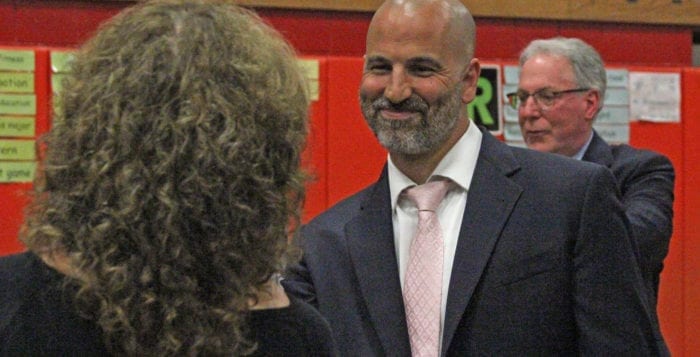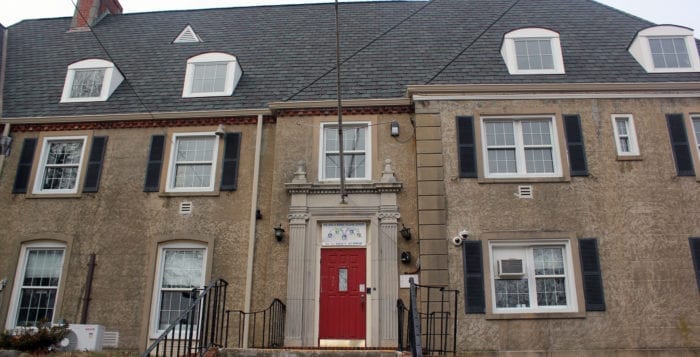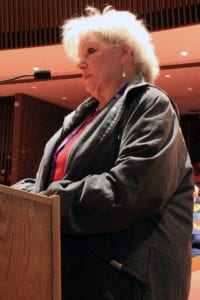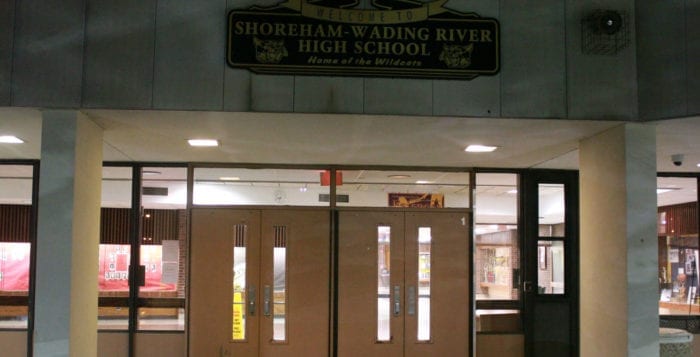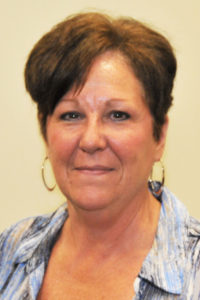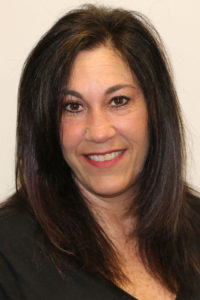Instead of three, there’s four cheers for Mount Sinai School District, as all four of the board of education’s propositions passed with flying colors.
Residents voted overwhelmingly in favor of the $60,203,745 budget, with 769 voting yes and 193 no. The library budget received even more support on an 849-116 landslide. Receiving the second-highest voter approval was Proposition III, which will transfer $5 million from an unassigned fund balance to the capital fund to start immediate critical facility improvements, with 787 voting in favor and 176 against. The capital projects that will immediately be tackled are repairs to the high school roof, replacement of the turf field and the hardening of campus security, mainly through fencing in the entire campus.
Proposition I [Budget]: 769-193
Proposition II [Library]: 849-116
Proposition III [Capital Project]: 787-176
Proposition IV [Reserve Fund]: 761-199
“I’m ecstatic, especially to see the community support,” Superintendent Gordon Brosdal said. “I was concerned about Proposition III — these are things we absolutely need and couldn’t wait for a bond to do. Even if it were approved tomorrow it would take two years, and our one turf field could be condemned tomorrow.”
He said replacing the roof is of the utmost importance though, noting the issues seen each time it rains, like it did on the day of the budget vote May 15, with wind and heavy rain ravaging the North Shore as a storm rapidly passed.
“I’d hate to see the picture of what it looks like tomorrow,” the superintendent said. “It’s a disaster every time it rains.”
Other security improvements in addition to the fencing, included paying for armed guards and adding security vestibules at the entrances to the campus and adding more patrol routes for security personnel near the new fencing along the perimeter of the schools, among others.
“Ever since that tragedy Feb. 14 we’ve taken measurements necessary to keep our students safe,” Brosdal said, referring to the shooting in Parkland, Florida. “When these schools were first built alongside each other we never thought this would happen, so we will take the appropriate steps so that come the fall this will look like a different campus. There’s no fluff — this is all needed.”
Proposition IV was given the green light 761-199, which transfers money from fund balances to establish a $10 million capital reserve fund.
“If we have emergency repairs that are needed, now we can plan to pay for them,” trustee Mike Riggio said. “It’s a home run. And the best thing is it’s not costing our taxpayers any more money.”
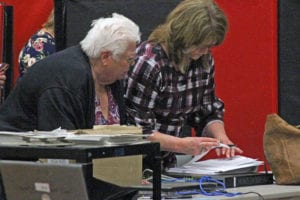
Riggio, who was re-elected to the board with 747 votes, said he’s looking forward to serving another term.
“I understand much better what my role is in everything that we have to do and I’m ready,” he said. “I ran focused on security three years ago and I’m still focused on that and the fiscal stability of the district. People are losing their jobs, programs are being cut elsewhere, and we don’t want that to happen here. You have to budget right and be fiscally sound into the future.”
Board President Lynn Capobianco, who chose not to seek re-election to focus on family, was sad to see the voter turnout.
“It’s so light — under 1,000 and we usually have 1,400 or 1,500,” she said. “Perhaps it was the weather, the uncontested board or the budget being under the tax cap, but I am disappointed in the low voter turnout.”
The president said she’s proud of some of her accomplishments during her tenure — like seeing through the establishment of a full-day kindergarten program and the Columbia Reading and Columbia Writing programs, and said she’d like to see the creation of a science research or robotics program.
Steve Koepper, who ran unopposed for her seat on the board of education, received 651 votes.
“I felt now was a good time to offer more of my volunteer time in service to educational process to help shape the future of Mount Sinai schools,” said Koepper, an 18-year resident, in a previous interview. The father of two previously volunteered on the district’s bond committee. “There are problems like declining enrollment that need to be looked at, and I’m here so that we can work together and move forward.”

